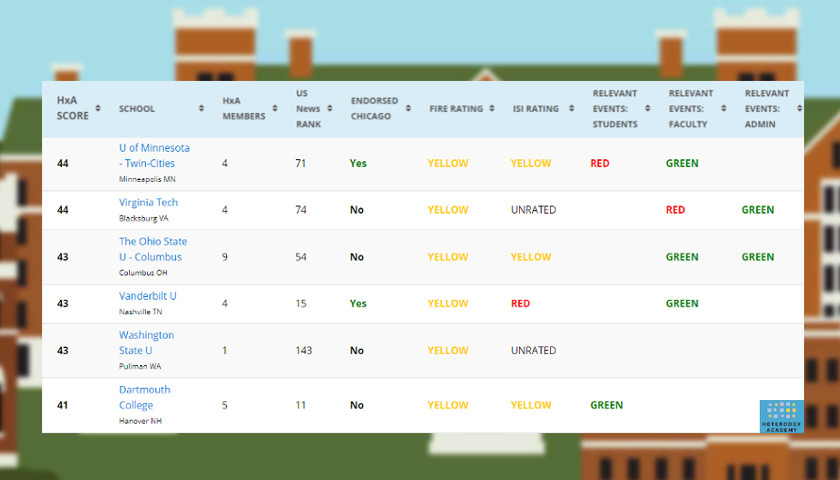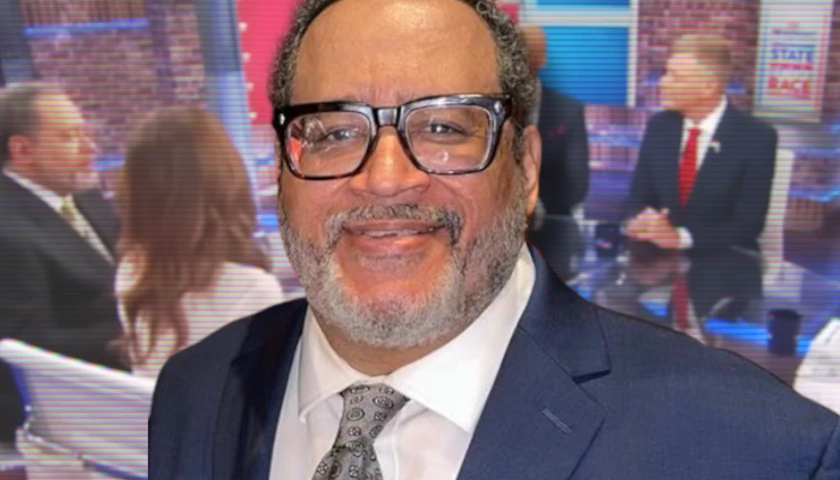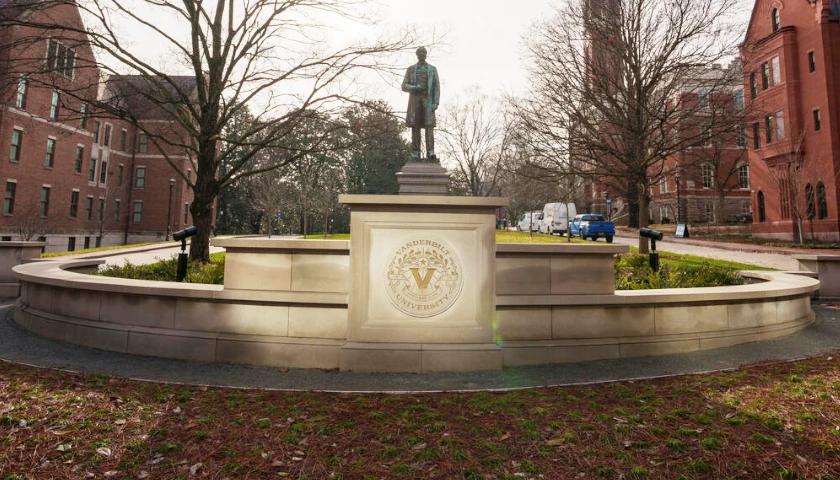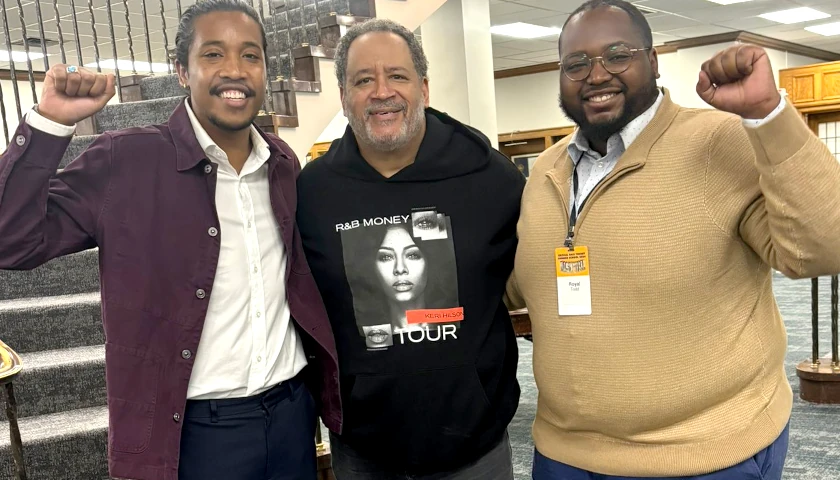Vanderbilt University was criticized in a recent report that analyzed the extent to which conservative views are welcomed on university campuses.
The Heterodox Academy (HxA) in June released its second Guide to Colleges, which ranks the top 150 U.S. universities based on their acceptance of viewpoint diversity. The HxA is a group of scholars that advocates for “a more intellectually diverse and heterodox academy.”
The HxA gave Vanderbilt a score of 43 on a 100 point scale. The higher the score, the more likely you are to find intellectual diversity and dissent, according to the study. The study draws from publicly available sources of information.
Vanderbilt earned praise for endorsing the Chicago Principles on free expression this spring when updating the faculty manual, reports Vanderbilt Hustler, the student newspaper. But the school took a big hit because it is considered an “unsafe zone” for conservative students by the Intercollegiate Studies Institute (ISI) guide to Choosing the Right College 2014-2015. That came as a result of a 2011 policy that required campus religious organization to not only accept members regardless of their beliefs, but also to open up leadership positions to those members, limiting the groups’ ability to consistently uphold their values. Vanderbilt also lost points because of vague polices that could be used to restrict protected speech.
“I think professors can do a lot to offer a classroom environment where all viewpoints can be expressed without fearing retribution,” Mariano Sana, a Vanderbilt sociology professor and HxA member, told the student newspaper. “We are probably underperforming in that regard.”
Sam Wolf, president of Vanderbilt College Republicans, also told Vanderbilt Hustler that the school should be doing more.
“The school should make an effort to hire faculty of diverse opinions,” Wolf said. “They should extend their diversity outreach initiatives to ideology as well as identity, as that is just as important in giving people a well-rounded education.”
The policy that forced campus religious groups to open leadership positions to students of other beliefs received a lot of media attention and was the subject of a well-read, detailed and moving essay in Christianity Today in 2014. The essay was written by a priest in the Anglican Church who worked for a group that lost its organizational status because it wouldn’t drop its requirement that student leaders affirm a doctrinal and purpose statement. The Graduate Christian Fellowship, a chapter of InterVarsity Christian Fellowship, was among more than a dozen groups that lost their status. Tish Harrison Warren wrote:
The word discrimination began to be used—a lot—specifically in regard to creedal requirements. It was lobbed like a grenade to end all argument. Administrators compared Christian students to 1960s segregationists. I once mustered courage to ask them if they truly thought it was fair to equate racial prejudice with asking Bible study leaders to affirm the Resurrection. The vice chancellor replied, “Creedal discrimination is still discrimination.” …
It didn’t matter to them if we were politically or racially diverse, if we cared about the environment or built Habitat homes. It didn’t matter if our students were top in their fields and some of the kindest, most thoughtful, most compassionate leaders on campus. There was a line in the sand, and we fell on the wrong side of it.






All one must do to come to the conclusion presented by this article is to remain aware of the news stories about Vanderbilt. A steady stream of progressive actions. I am utterly amazed at how far downhill this university has traveled. It is one thing to be a snob school – which it is – but quite another to be an institution that squelches contrarian viewpoints.
It is sad to see the once star of colleges, Vanderbilt, bend to the dictates of the Soros “progressive liberals”. A few years ago, I was proud to see my son accepted at Vanderbilt. Now, I am proud that he chose a different university to acquire his Masters and Doctorate. I would discourage any parent to avoid the “progressive” colleges and universities, and get a real education where the goal is learning, not indoctrination.